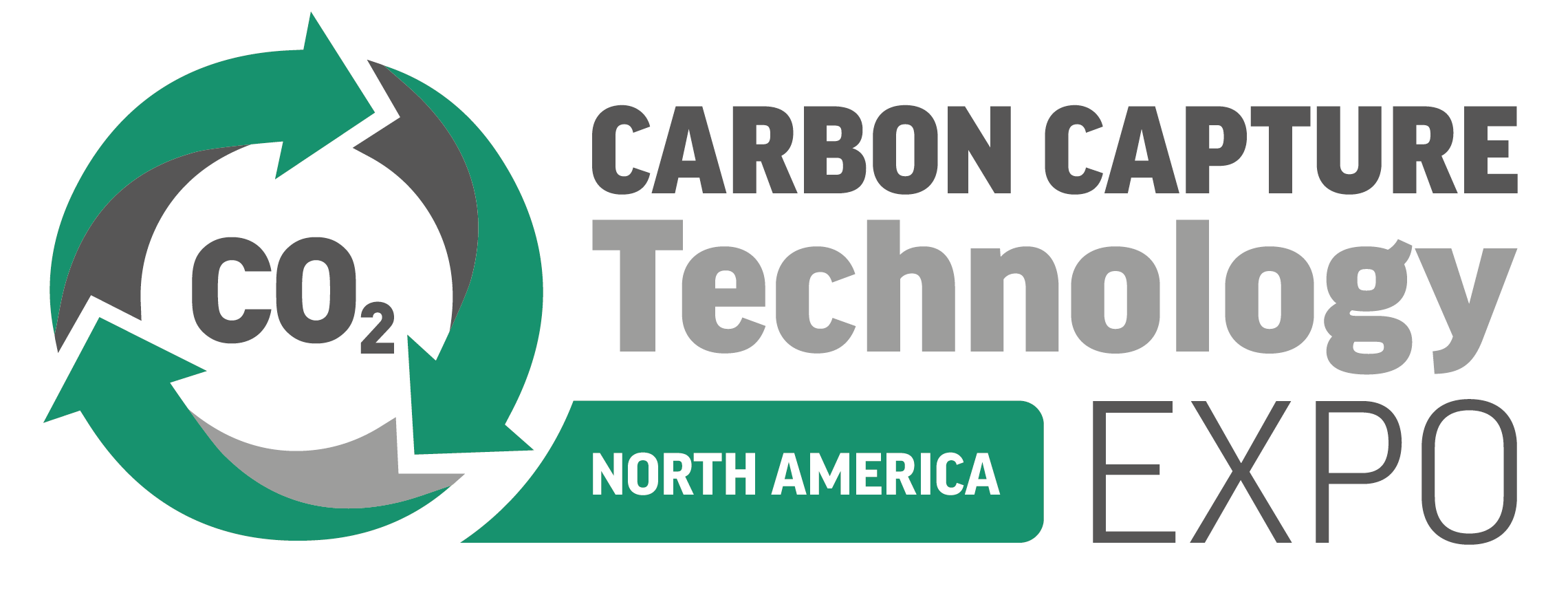Onboard Carbon Capture and Storage (OCCS) Systems and Liquefied CO2 Carriers
The journey to net-zero emissions by 2050 will require a combination of solutions. Especially concerns about how shipping affects the environment, notably the release of greenhouse gases like carbon dioxide (CO2) into the atmosphere. To achieve this goal, the International Maritime Organization (IMO) has requirements for the Energy Efficiency Design Index (EEDI) for new ships, the Energy Efficiency Existing Ship Index (EEXI) and the Carbon Intensity Indicator (CII). As a result, onboard carbon capture and storage (OCCS) systems are designed to capture CO2 emissions from ships and then store or convert them to a final by-product safely and securely.
This presentation will start with an overview of OCCS technologies, the driving factors behind their growth and insight into their adoption for use in the maritime industry. It also addresses different challenges/obstacles compared to land-based systems. It will leverage ABS’ long history in the maritime industries to guide and support the use of OCCS technology for future success. The captured CO2 from various emitters needs to be transported either for industrial use or permanent sequestration, and therefore, our presentation will also include the class and statutory requirements applicable for building liquefied CO2 (LCO2) carriers along with some of the operational and safety challenges involved when transporting LCO2 cargo.




)
)
)
)
)
)
)



)
)
)
)
)
)
)
)
)
)
)
)
)
)
)
)
)
)
)
)
)
)

)

)
)
)

)
)
)
)
)
)
)
)
)
)
)

)

)
)
)
)
)
)
)
)
)
)


)
)
)

)
)
)

)
)
)
)
)

